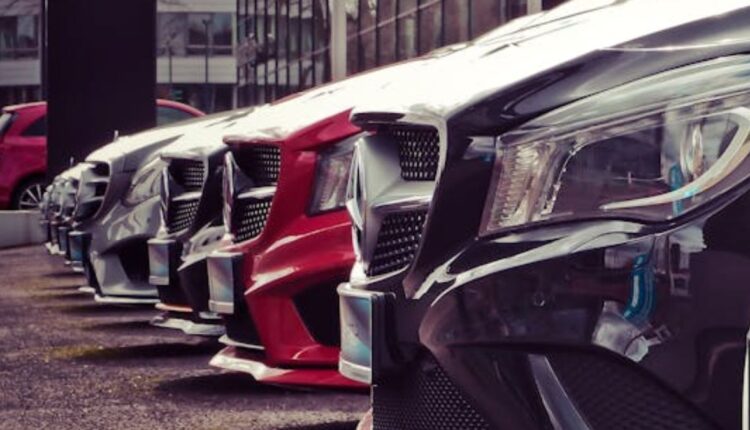The Commission for Air Quality Management on Tuesday deferred the ban on fuel supply to End-of-Life (EQL) vehicles in Delhi. The government cited “technological” and “cross-border fueling” concerns as the reasons behind the pause on the new directive. According to the revised guidelines, enforcement will now begin on November 1, as per the Commission’s order and amendment to the earlier directive.
As per the latest order by the Centre’s panel, the ban will be enforced in the capital along with five other High Vehicle Density neighbouring districts – Faridabad, Ghaziabad, Gurugram, Gautam Buddha Nagar, and Sonipat – starting November 1.
The new CAQM decision came after a review was held on Tuesday. Transport departments of the neighbouring states have been directed “to ensure proper installation and operation of the ANPR system.” Furthermore, officers have been instructed to ensure timely trials of the system and adequate training of personnel, as per the directions.
The former directive was put on hold after a written request was filed last week by Delhi Environment Minister Manjinder Singh Sirsa. In his request, he raised “critical issues with the operational and infrastructure challenges for rolling out the directive.”
Welcoming the latest directive by CAQM, Sirsa described the new approach as “citizen-centric” in Delhi’s pollution control efforts. He further stated that the government is working in the public interest under CM Rekha Gupta’s leadership.
Previous Implementation Plans
The CAQM directive had initially mandated the denial of fuel and legal action against vehicles identified as EQL by ANPR cameras at fuel pumps, starting July 1 in Delhi, and in the five high vehicle density (HVD) NCR districts from November 1. As per the latest decision, CAQM will adhere to its original timeline to enforce the ban in the rest of the NCR.
The letter filed by Sirsa earlier highlighted widespread glitches in the ANPR systems, including faulty sensors, poor camera placement, and the failure to detect vehicles without high-security registration plates. He also noted that such changes could initially fuel the emergence of a cross-border market, suggesting that immediate implementation may be premature and potentially counterproductive.
The move to enforce the fuel ban on overage vehicles in the capital is a partial extension of a 2018 Supreme Court order and a 2014 National Green Tribunal directive, which barred 10-year-old diesel and 15-year-old petrol vehicles from plying in the city.

